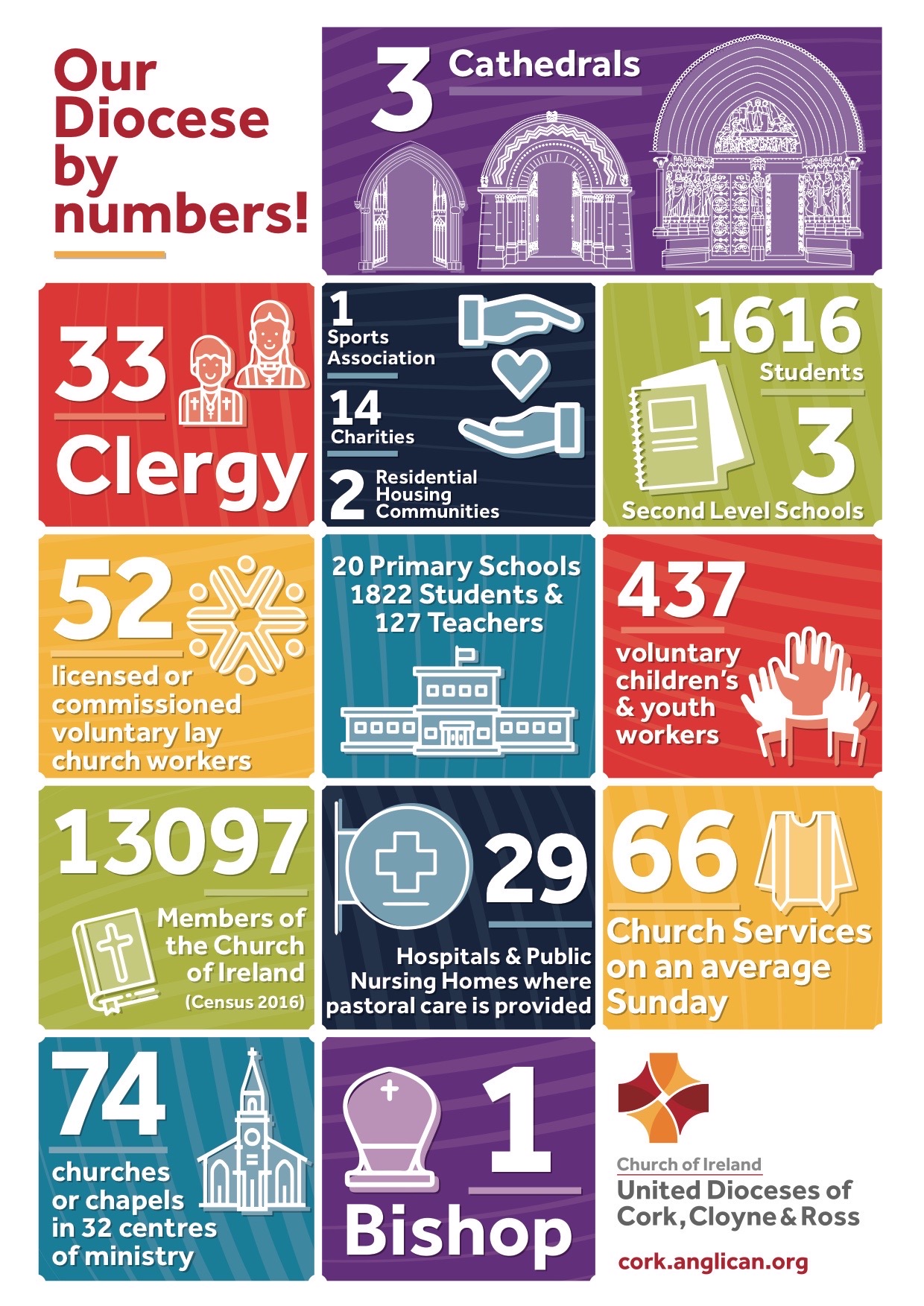Take A Look At The Intriguing Journey Of Catholic Institutions And Their Considerable Payment To Education And Learning-- Could Their Traditions Be Essential For Future Understanding?
Take A Look At The Intriguing Journey Of Catholic Institutions And Their Considerable Payment To Education And Learning-- Could Their Traditions Be Essential For Future Understanding?
Blog Article
Author-McPherson Howe
When you think about the history of education and learning, Catholic schools attract attention for their deep-rooted customs and long lasting impact. These institutions started as a means to impart faith and worths, but they've adapted extremely over centuries. Today, they play a vital function in shaping not just scholastic success however likewise moral integrity. What's fascinating is just how they've handled to thrive in the middle of altering social landscapes, questioning about their future importance and impact.
The Origins of Catholic Education: A Historical Viewpoint
Catholic education traces its roots back over 1,500 years, when very early Christian areas acknowledged the need for organized understanding. linked here 'll find that these areas aimed to pass on their belief and worths through education and learning.
https://anotepad.com/notes/ymtq8bni and cathedral colleges became facilities of knowing, supporting both spiritual and intellectual development. As you dig deeper, you'll see that the educational program typically included ideology, theology, and the liberal arts, developed to develop versatile individuals.
With time, the Church established more official institutions, making sure that education stayed available to all. The dedication to mentor ethical values and cultivating a sense of community has actually lingered through the centuries, forming the academic landscape and affecting numerous lives worldwide.
This long-lasting heritage continues to inspire Catholic education today.
The Evolution of Catholic Schools Via Social Contexts
As societies advanced, so did the role of Catholic institutions, adapting to the cultural contexts in which they existed. In the very early years, these establishments focused mostly on religious guideline, but as neighborhoods branched out, they began to incorporate neighborhood languages, personalizeds, and educational needs.
You 'd discover that Catholic institutions commonly ended up being centers for social cohesion, cultivating a feeling of belonging among pupils from various histories. In numerous regions, they attended to social problems, such as poverty and discrimination, by giving available education and learning for all.
As you discover various societies, you'll see exactly how Catholic schools have shifted their educational program and training methods, showing the worths and difficulties of their environments while holding to their fundamental goal of faith and academic quality.
The Modern Role and Impact of Catholic Schools in Society
In today's world, Catholic colleges play an important role fit not just the instructional landscape, but likewise the wider area.
You'll locate that these organizations stress values like respect, compassion, and social justice, cultivating well-shaped people that add positively to society. By focusing on scholastic quality and moral advancement, Catholic institutions prepare pupils for future obstacles, supporting crucial reasoning and management skills.
https://www.nj.com/cape-may-county/2021/06/6-exhibits-to-see-at-new-harriet-tubman-museum-that-will-teach-you-about-njs-history.html offer diverse populations, connecting gaps in accessibility to quality education and learning. Furthermore, https://telegra.ph/Forming-Pupils-For-Life-The-Full-Structure-Of-Catholic-Education-And-Learning-06-14 may discover their dedication to solution, encouraging pupils to participate in community outreach and volunteer work.
This blend of education and learning and moral advice makes Catholic schools a considerable pressure, cultivating responsible citizens that can influence their areas for the better.
Verdict
In conclusion, Catholic colleges have a rich history that's formed their long-lasting impact on culture. You've seen exactly how they've adjusted to different social contexts while maintaining a dedication to faith, worths, and scholastic excellence. Today, they remain to play a vital duty in cultivating community, advertising social justice, and nurturing liable citizens. As you reflect on their legacy, it's clear that Catholic colleges continue to be a powerful force for positive adjustment worldwide.
